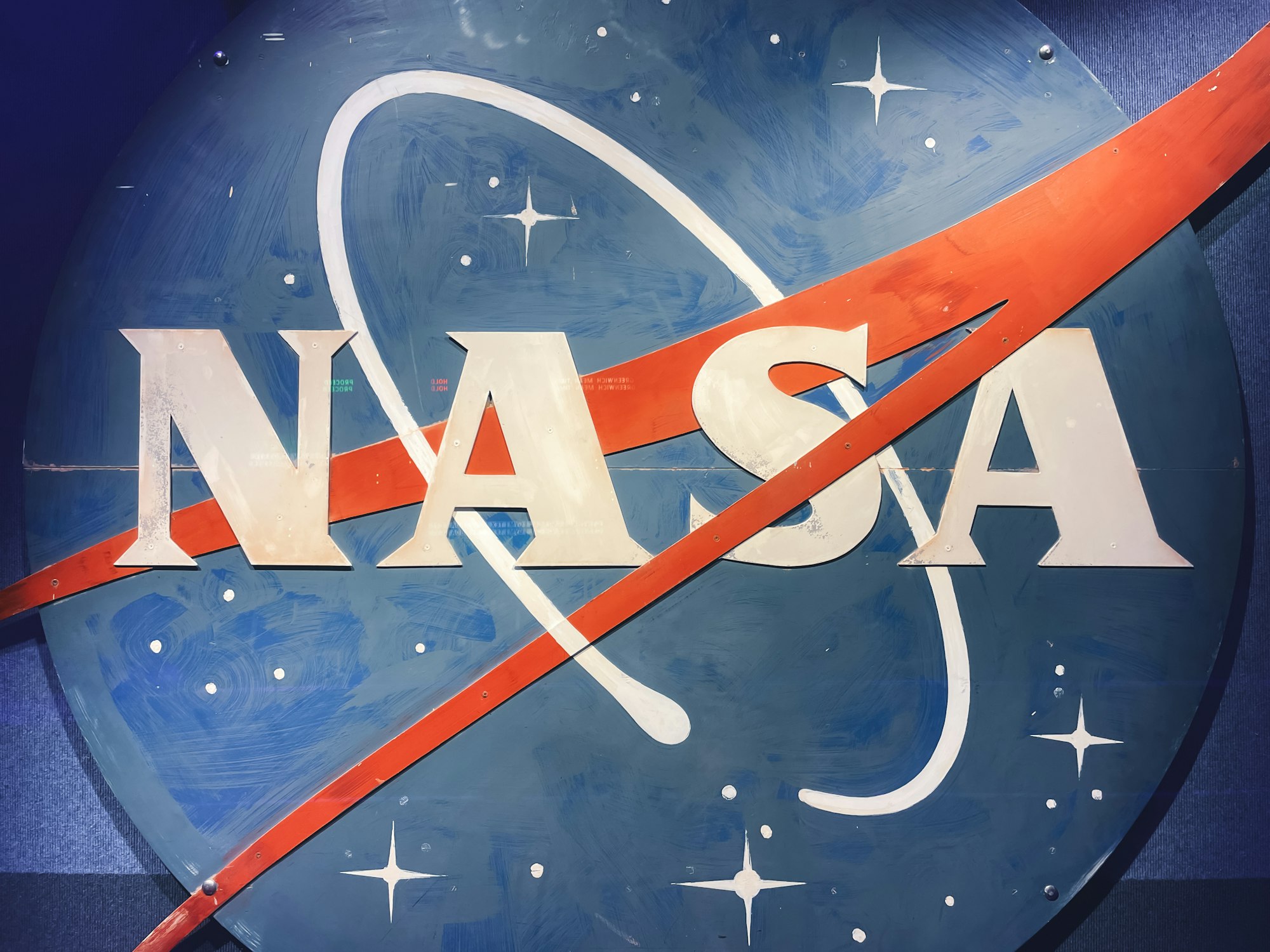Trump Administration Eyes Drastic NASA Dismantling Amid Fiscal Squeeze
Leaked Budget Proposal Threatens to Cancel 41 Key Missions, Slash Funding by Nearly Half, Fueling Fears of Agency's Demise October 21, 2025 | Washington, D.C. – Alarming details from a leaked White House budget blueprint have ignited fears that the Trump administration is preparing to effectively shutter NASA'
Leaked Budget Proposal Threatens to Cancel 41 Key Missions, Slash Funding by Nearly Half, Fueling Fears of Agency's Demise
October 21, 2025 | Washington, D.C. – Alarming details from a leaked White House budget blueprint have ignited fears that the Trump administration is preparing to effectively shutter NASA's storied science programs, potentially marking the end of an era for American space exploration. The proposal, which calls for a staggering 47% cut to NASA's science directorate, would force the cancellation of at least 41 active and planned missions, lay off a third of the agency's workforce, and abandon billions in prior investments.
The blueprint, first detailed in a scathing analysis by The Planetary Society on May 30, 2025, paints a picture of an "extinction-level event" for the space agency. It envisions terminating iconic spacecraft like the Chandra X-ray Observatory—responsible for over 10,000 scientific papers—and the New Horizons probe, which revolutionized our understanding of Pluto and the Kuiper Belt. Other casualties could include the Mars Sample Return mission, a collaborative effort with the European Space Agency to bring Martian rocks back to Earth for analysis of ancient life, and the Nancy Grace Roman Space Telescope, 90% complete and poised to uncover thousands of exoplanets.
🚨#BREAKING: The Trump administration is reportedly considering dismantling the National Aeronautics and Space Administration (NASA).
— R A W S A L E R T S (@rawsalerts) October 21, 2025
"This isn't just trimming fat—it's amputating the limbs of discovery," said Bill Nye, CEO of The Planetary Society, in a statement urging Congress to intervene. The group has mobilized public campaigns, echoing successful past efforts that saved missions from the budgetary axe. Advocacy from science organizations, industry leaders, and even bipartisan lawmakers has swelled, with Democrats accusing the administration of illegally preempting congressional approval by enacting cuts as early as June.
The broader context is a proposed 24% overall reduction in NASA's $24.8 billion fiscal year 2025 budget, dropping it to around $18.8 billion for 2026—a move critics say prioritizes short-term fiscal austerity over long-term innovation. Astrophysics funding would plummet by 66%, heliophysics by half, and Earth science missions like the venerable Landsat program face abrupt termination, hampering climate monitoring and disaster response. Union leaders, including those from the American Federation of Government Employees, warn that the plan also strips civil service protections from thousands of workers, endangering U.S. leadership in space and technology.
White House officials have framed the overhaul as aligning with President Trump's "priorities" for efficient government, issuing an executive order last week mandating agency strategic plans reflect these goals before resuming full hiring. Spokespeople dismissed shutdown fears as "overblown," insisting the changes would refocus NASA on core human spaceflight like Artemis lunar missions while curbing "wasteful" research. Yet, with a partial government shutdown already in its second week—triggered by partisan battles over spending—NASA's contingency plans reveal the precariousness: 15,094 of 18,218 employees could be furloughed, halting non-essential operations and delaying critical payloads.
BREAKING: Trump administration allegedly considering eliminating the National Aeronautics and Space Administration (NASA).
— Leading Report (@LeadingReport) October 21, 2025
The timing couldn't be worse. NASA's science portfolio has yielded breakthroughs from Jupiter's stormy depths via the Juno orbiter to Venus's volcanic secrets through missions like VERITAS and DAVINCI, both now on the chopping block. Experts like those at the American Institute of Physics argue the cuts would not only squander sunk costs—billions already poured into hardware and expertise—but also cede ground to competitors like China, whose lunar program is accelerating.
Congressional Democrats, led by Senate Commerce Committee staff, released a report this month alleging the administration has been "illegally imposing" these reductions since summer, bypassing legislative oversight and risking safety in ongoing missions. Republicans counter that fiscal responsibility demands tough choices, pointing to Trump's first-term proposals that similarly targeted science budgets, though Congress largely restored funding then.
As the shutdown drags on, the scientific community remains laser-focused on averting long-term damage, even as immediate operations grind to a halt. "NASA isn't just rockets and robots—it's the engine of American ingenuity," said Rep. Zoe Lofgren (D-Calif.), a key appropriator. "Shutting it down piece by piece would be a tragedy for generations."


